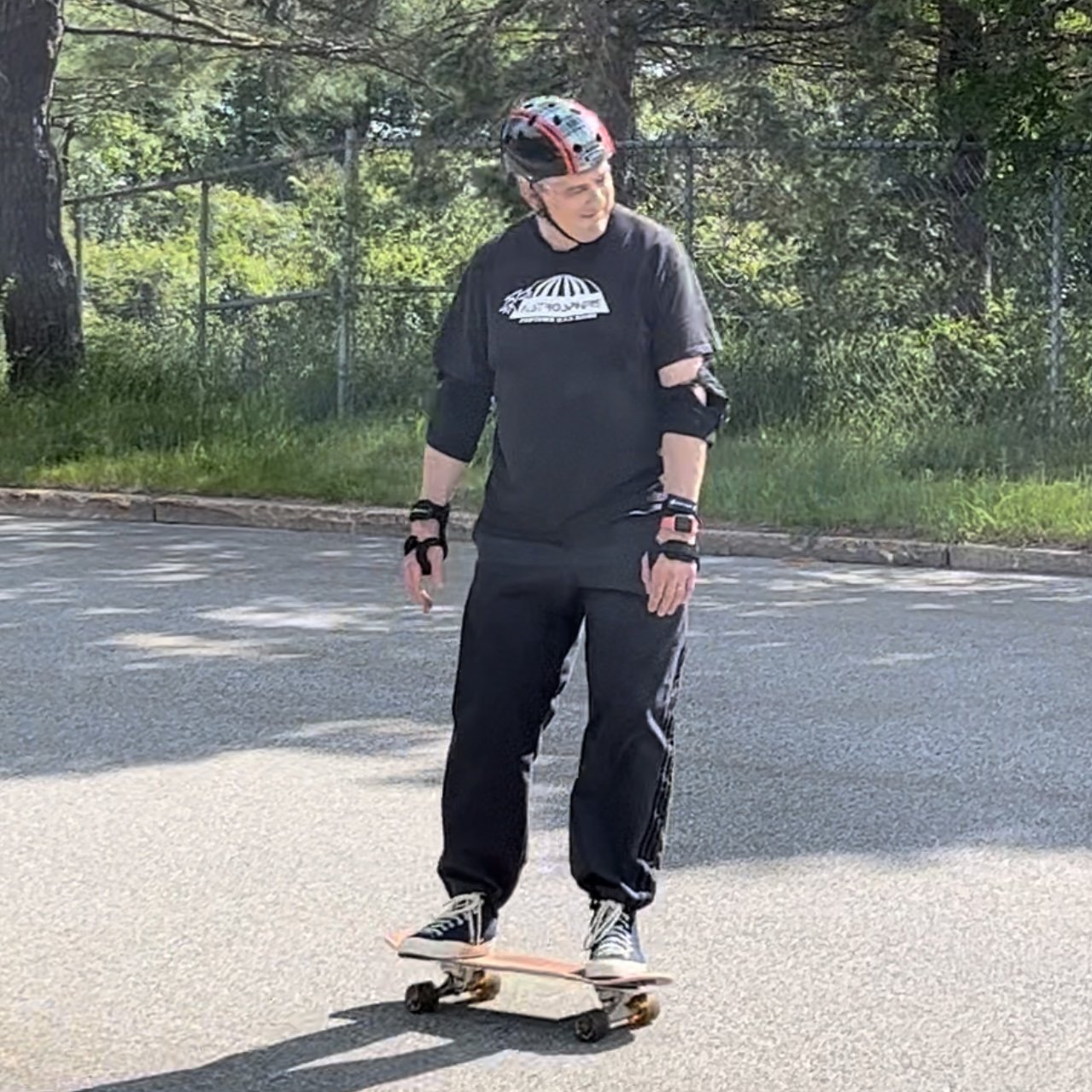I find myself often winging it with “themself/themselves” and it seems to be like themselves is always colloquially correct when there are multiple preceding nouns you’re referring to…
Otherwise if there’s only one antecedent or whatever, its themself
Be gentle haha
Note vs notate. The verb from of note is note. Notate is a back-formation of notation. It refers to writing non-linguistic transcription, like musical notation or dance choreography.
Utilize. So many people misuse it that I should probably accept that the definition has changed. Instead of thinking they are a bit dumb.
The correct pronunciation of the word often has a silent T. The only reason the T sound remains the the dictionary is due to common use.
I pronounce it both ways. Huh. Did not know that about myself.
People used to say “proven.” Like, it’s been proven. But now they say it’s been proved. When did this change?
There’s no such thing as “correct” grammar. Different ways of speaking (or writing/typing) can certainly make people view you differently. For instance you might be seen as more or less smart or educated or affluent depending on your way of speaking. But that’s pretty much just stereotypes.
I watched part of an MIT OpenCourseware course on linguistics once. (Very good and recommended, despite the fact that I haven’t finished it.) At one point the professor told the students that “we’ll speak no more about prescriptive linguistics except to mock it.”
I love trying to incorporate different constructions I find in the Yale Grammatical Diversity Program. Currently working on “for to” constructions. My goal is just to understand how people perceive language, and this is a great resource. It isn’t a collection of “wrong” ways to say things, just how a minority of people say things.
The most popular example I can think of is the song “Horse with no Name” in the chorus.
I’ve been through the desert on a horse with no name
It felt good to be out of the rain
In the desert you can’t remember your name
'Cause there ain’t no one for to give you no pain


